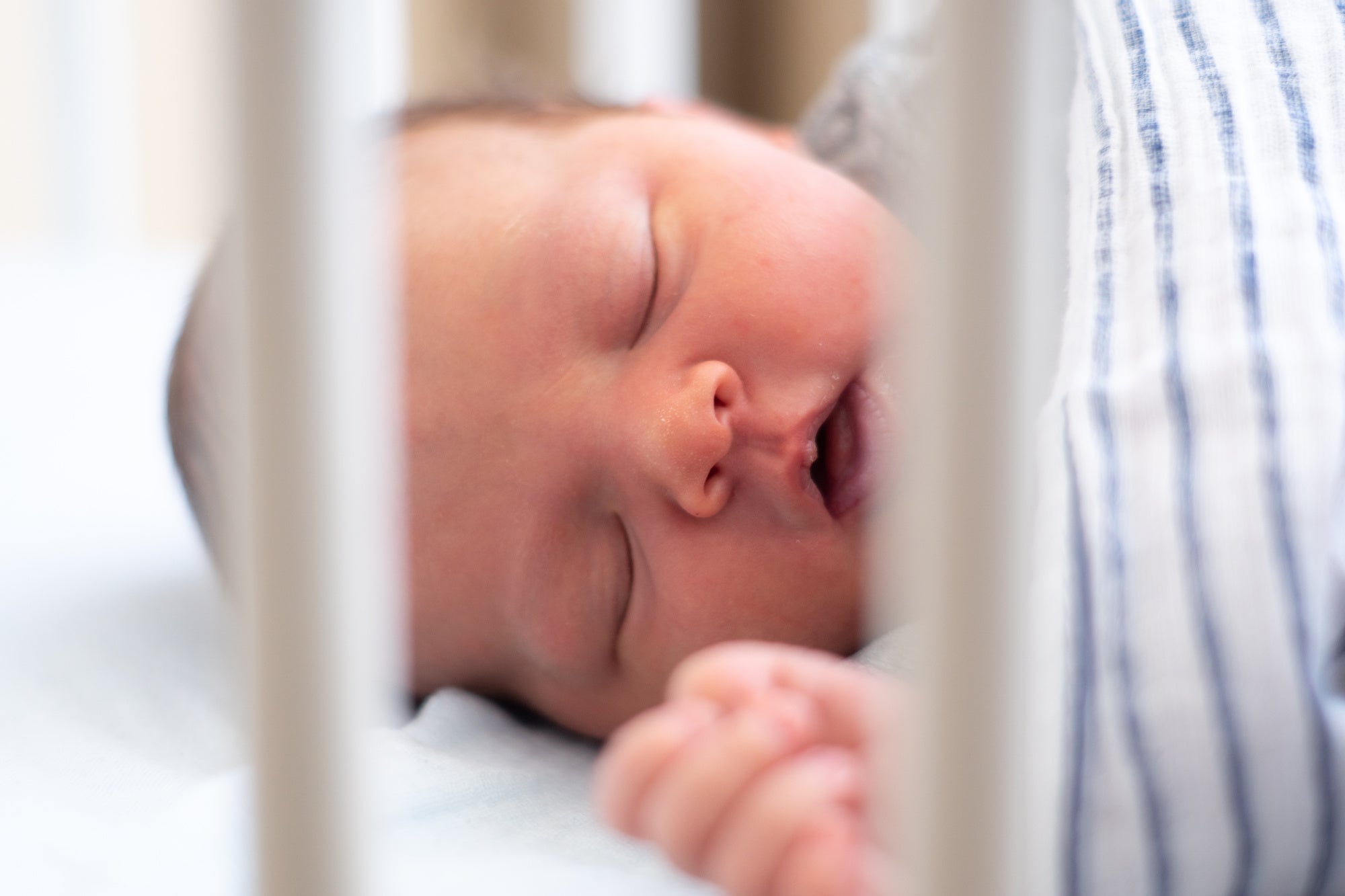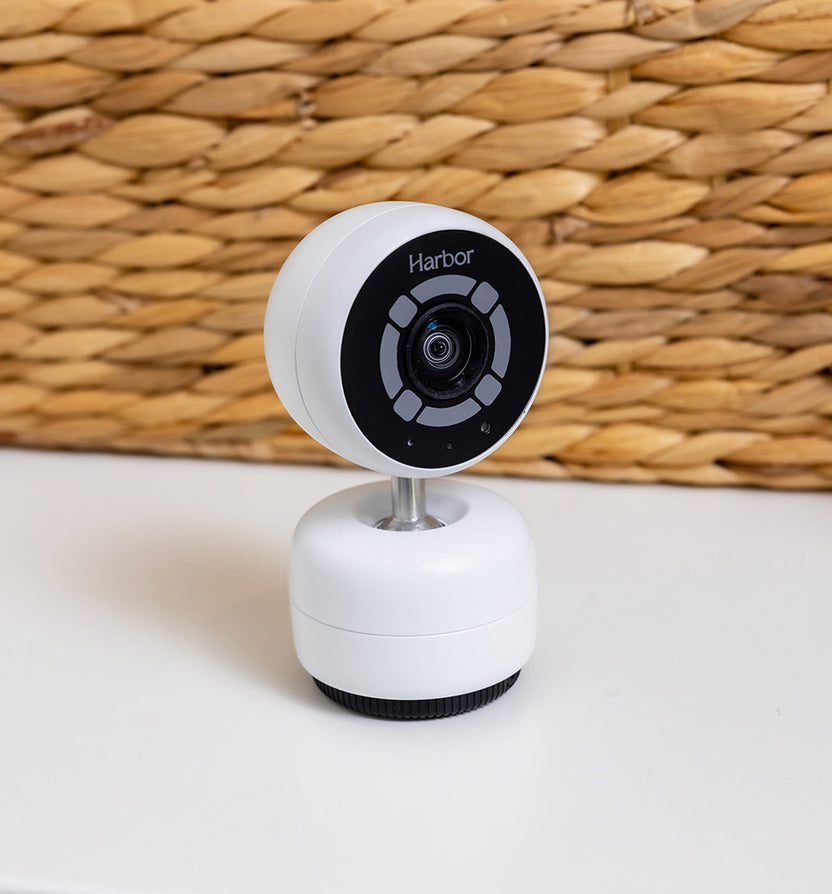
Why Parents Should Avoid Baby Biometric Devices Like the Nanit Breathing Band and Owlet Smart Sock
In today’s tech-savvy world, it's tempting to lean on high-tech gadgets to monitor every aspect of our baby's health. Devices like the Nanit Breathing Band and the Owlet Smart Sock promise peace of mind by tracking biometric data, such as breathing patterns and oxygen levels. However, as appealing as these devices may seem, they come with significant drawbacks that every parent should consider. Critically, the American Academy of Pediatrics advises against using these types of devices. Dr. Bonafide published an updated piece in JAMA covering the topic as well stating “There is no evidence that consumer infant physiologic monitors are life-saving and there is potential for harm if parents choose to use them."
The Problem with Biometric Monitoring
Biometric devices like the Nanit Breathing Band and the Owlet Smart Sock often promise to alert parents to potential health issues. While the intention is noble, the execution can be problematic. Here are some key reasons why relying on these devices may not be the best choice:
- Over-Reliance on Technology: Parents should focus exclusively on adhering to safe sleep guidelines. Parents might also become overly dependent on these devices, neglecting to trust their instincts or observe their child’s natural cues. It’s crucial to remember that no technology can replace a parent’s intuition and attention.
- False Alarms and Anxiety: Biometric devices are notorious for generating false alarms. These devices often detect minor, non-threatening changes in a baby’s breathing or heart rate and send alerts that can cause unnecessary panic. They also regularly fall off and present false alarms. The constant anxiety from false alarms can be more stressful than reassuring for parents. Many parents will also start checking the app dozens of times a night, to the detriment of the family health and wellbeing.
- Lack of Clinical Validation: Many biometric monitoring devices lack robust independent clinical validation. While companies like Nanit and Owlet market their products as life-saving (with massive disclaimers strategically placed on the website), there is limited scientific evidence supporting their effectiveness and in some cases no evidence to support their effectiveness. This raises concerns about their reliability and accuracy.
- Physical Discomfort: Wearable biometric devices can be uncomfortable for babies. The Owlet Smart Sock, for instance, needs to be worn throughout the night, which can cause irritation or disrupt sleep. Similarly, the Nanit Breathing Band must be wrapped around the baby’s chest.
- Security: The Nanit Pro Camera and Owlet Cam rely exclusively on the cloud to access and store any and all of your data and footage, including all of your baby’s biometric data.
A Better Alternative: Traditional Monitoring
Instead of relying on biometric devices, consider using traditional video monitors like those offered by Harbor. Here’s why Harbor’s approach is more effective:
- Reliable Monitoring: Harbor provides reliable video monitoring without the need for wearable devices. Parents can watch their baby in real-time, ensuring they are safe without causing physical discomfort.
- Focus on What Matters: Harbor emphasizes the importance of observing physical cues and behaviors rather than over-relying on data. This approach encourages parents to develop a keen awareness of their baby’s needs and well-being. Parents should follow safe sleep guidelines.
- Avoiding False Alarms: With Harbor’s reliable video monitoring, parents can avoid the stress of false alarms. You’ll be able to see and hear your baby clearly, making informed decisions based on actual observations.
- On Device Storage: All of your footage is stored on your device locally. If you are in the home, your feed doesn’t leave your home. While using the convenience of Harbor’s Mobile App outside the home, your footage is still protected with end-to-end encryption.
Conclusion
While the allure of high-tech biometric devices like the Nanit Breathing Band and Owlet Smart Sock is strong, it’s essential to weigh the potential drawbacks. False alarms, over-reliance on technology, lack of clinical validation, privacy concerns, and physical discomfort are significant issues to consider. Harbor offers a more balanced, reliable, and secure solution with its advanced video monitors. By focusing on traditional monitoring methods, parents can ensure their baby’s safety and well-being without unnecessary stress.
For more insights on why biometric devices are a bad idea, check out Harbor’s detailed blog article.
